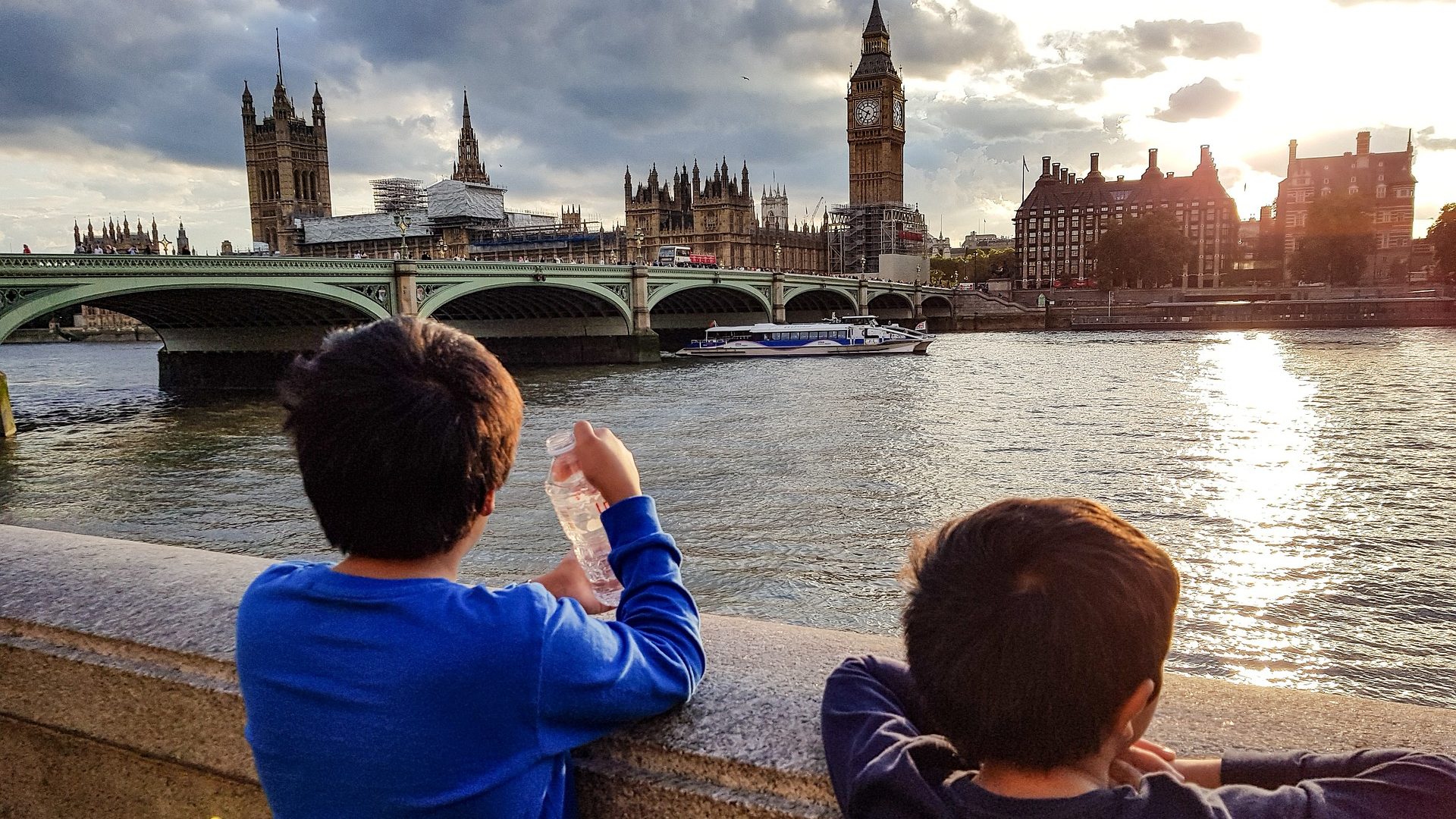Ruth and her then six-year-old daughter abruptly became homeless when their landlord evicted them from their London flat in 2012 to convert the property into a large house.
Unable to find anything affordable within commuting distance of her job and her daughter’s school, she requested support from her local council and was placed in temporary accommodation. Eight years later, they remained in “temporary” accommodation, with the council moving them multiple times between various flats and hostels across London.
That is eight years of sharing a bed, of eating meals on the floor because of lack of space for a table, of cold air entering through cracks in the walls, of struggling to cope.
Ruth, whose full name I am not using to protect her privacy, worked throughout this period but told me that she still couldn’t help feeling like she was failing to provide for her child. She said the experience was like holding her breath for eight years. Her daughter, now 16, told me her last happy memory was of the home she had when she was six.
A new report recently out by Human Rights Watch and the Childhood Trust documents how the rights of children in families living in temporary accommodation are being violated – rights to housing, education, health, and play. We found that children in London are growing up in substandard and uninhabitable conditions as a result of persistent policy failures.
London currently has 86,450 children in temporary accommodation, experiencing some of the same failures of state support that Ruth and her daughter did. London has the highest rate of child poverty of any English region, and the child poverty rate at least doubles when housing costs are accounted for in 26 of the 33 boroughs.





